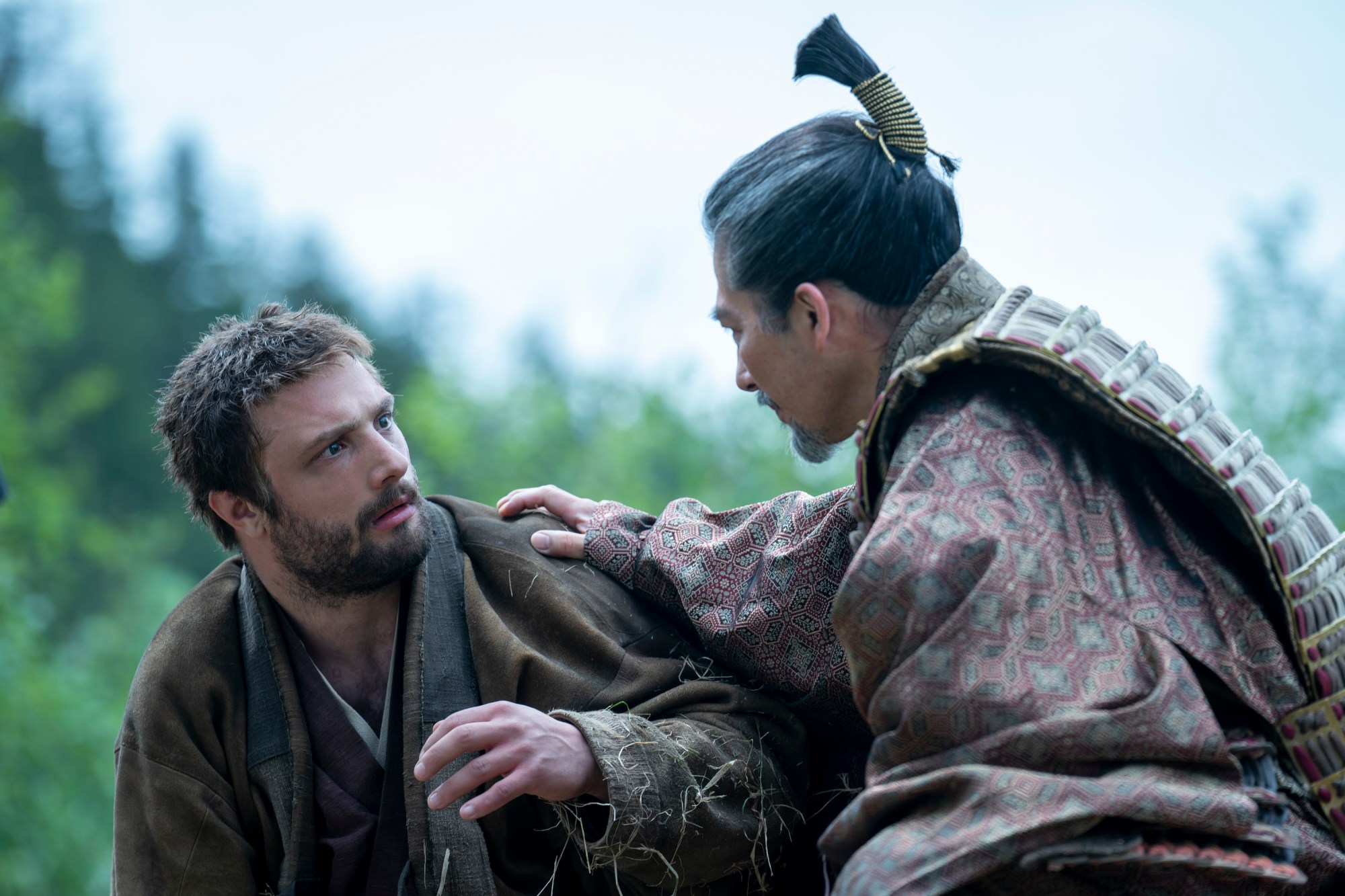
TV Industry in 2024 Embraces a Novel Idea
The DNA of Hollywood films is well identified with cinematic adaptations to some of the greatest novels ever written. Literary legacies such as Little Women, The Wizard of Oz, Wuthering Heights, The Lord of the Rings, Alice in Wonderland, The Color Purple, To Kill a Mockingbird, Harry Potter and The Godfather have served as formidable source material for the first 100 years of the silver screen.
So it shouldn’t come as a surprise to audiences that television creatives saw the writing on the wall (or page, that is) and began their own retelling of major bestsellers. The one-two punch of Rich Man, Poor Man in 1976 and Roots in 1977 brought huge ratings and critical acclaim. The success ushered in an avalanche of possibility as the growth of networks, cable and eventually streamers served as a fertile pipeline from the bookstore to your television set.
The opportunities of television has given writers a renewed creative opening to free themselves from the shackles of cinematic time constraints. Stories didn’t have to be streamlined down. They had the luxury of eight to ten episodes to flesh out the full complexity of the characters and the narrative. With that indulgence, the medium started attracting an A list of directors, writers and actors to these editions.
Steve Zaillian, who won multiple awards, including the Golden Globe, for his screenplay of acclaimed novel-turned-film Schindler’s List, was a fan of the 1955 Patricia Highsmith novel “The Talented Mr. Ripley.” While he admired the other adaptations, he saw the luxury of television as a ripe opportunity to fully flesh out the story.
“To do it the way I wanted to do it, I needed more time, and the eight-episode format suited this book,” he told the Golden Globes back in March. “It allowed me to get into the details of the story and the details of the character and the changing relationships between the characters in a way that you can’t really do in two hours. So that was the allure for me.”
Several years ago, Golden Globe winner Alfonso Cuaron read the 2015 novel “Disclaimer” by Renee Knight and immediately was triggered to turn it into a film. Then he ran into the obstacle.
“At that time, I didn’t know how to make that film, because the film I was seeing was way too long and I could not shape it as such,” he noted during the show’s premiere at the Venice Film Festival. “It was years later that I had this idea that maybe this works in a long format. It’s a format that I admire because incredible artists have ventured into the format, from Fassbender to David Lynch to Kieslowski. So I was intrigued and that was the point of departure.”
That “point of departure” is in full evidence for the year 2024, which has served as a proverbial jackpot to avid readers who could nestle on their home sofa and watch stimulating and nuanced episodic versions of such novels as 3 Body Problem, The Day of the Jackal, Disclaimer, A Gentleman in Moscow, Interior Chinatown, The Perfect Couple, Presumed Innocent, Queenie, Ripley, Shogun and We Were the Lucky Ones.
Shogun is based on the 1975 James Clavell novel about the historical transition of Japan from one era to the next. Justin Marks, who created the series along with Rachel Kondo, reflected on why the timing was right to resurrect the story, even after it had received a TV adaptation back in 1980 (winning the Golden Globe for best television series).
“I think that the question beneath the question that we asked ourselves a lot was why?” he noted back in January at a TCA panel. “It’s not just why do we need to tell this story, but what new things should be told? And one of the things, in looking to the book, that we felt was a really under-appreciated aspect of James Clavell’s work was that it did an incredible job of telling a story from a variety of points of view. I think, a different audience standard exists that we can do this show in the language of the country where it is set, that we can have this in Japanese and that we can be subtitling it.”
Just as VFX has afforded filmmakers the prospect to create all imaginable worlds, so too has television opened the avenue of possibility for all novels to have a visual pathway to reality without sacrificing complex narrative.

